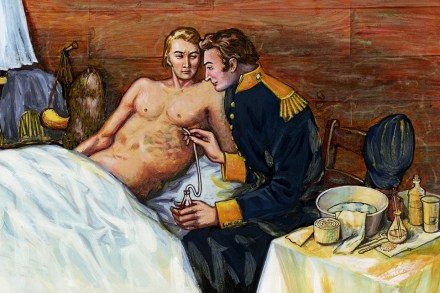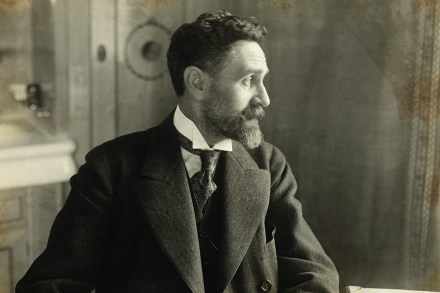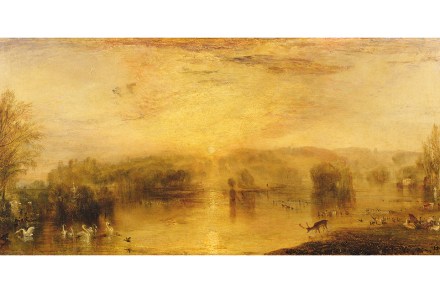London’s dark underbelly: Caledonian Road, by Andrew O’Hagan, reviewed
‘The Cally’s named after an orphanage for kids from Scotland or some shit. Didn’t we learn that in school?’ So says Big Pharma (real name Devan Swaby), drill rapper from the Cally Active gang – one of the many characters populating Andrew O’Hagan’s vast and riveting Caledonian Road. The novel opens with a 59-strong cast




















